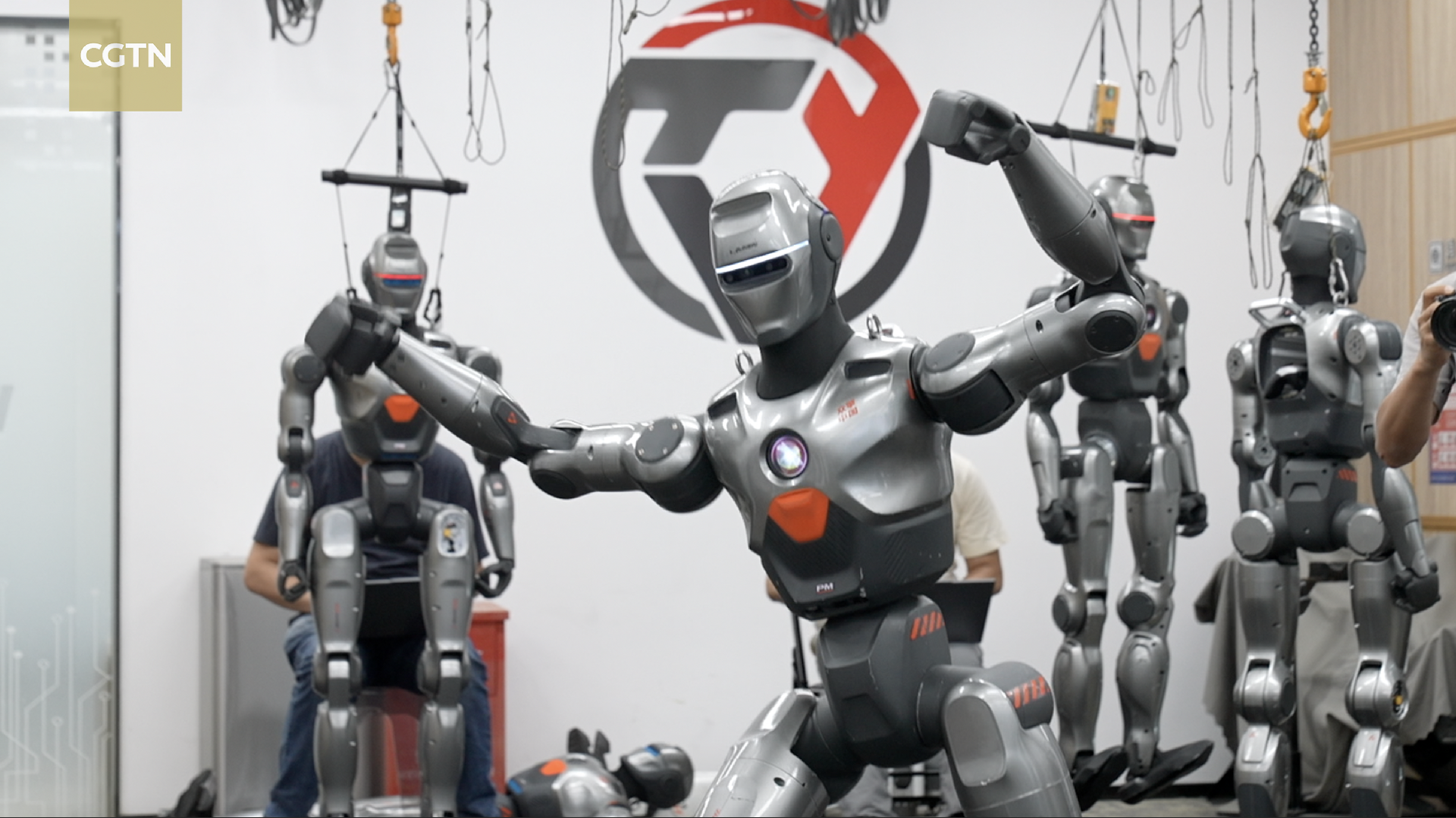CERN's Antimatter Quantum Bits: A Leap into the Unknown

The recent announcement from CERN regarding the demonstration of antimatter quantum bits marks a pivotal moment in the field of physics. Not only does this achievement open avenues for deeper scientific inquiry, but it also captures public curiosity about the nature of the universe. The prospect of exploring fundamental questions such as why our universe is predominantly composed of visible matter, despite theories suggesting equal amounts of matter and antimatter should have been created during the Big Bang, brings this complex topic into the limelight.
The term "antimatter" refers to particles that have the same mass as their matter counterparts but exhibit opposing electric charges, akin to how positive and negative poles of a magnet interact. For instance, protons and antiprotons can be viewed as two sides of the same coin. By successfully creating a quantum bit using an antiproton that maintained a quantum superposition for 50 seconds, scientists achieved a significant milestone that could lead to unprecedented tests of symmetry between matter and antimatter. This experiment moves beyond traditional particle interactions by employing sophisticated quantum techniques to stabilize the antiproton's state. The success of this endeavor not only showcases the advancements in precision measurement and quantum mechanics but also elevates the potential for using quantum bits in groundbreaking research.
As we stand on this technological frontier, the implications of this research are profound. It could lead to a better understanding of CPT symmetry—the idea that the laws of physics should apply equally to particles and antiparticles. The forthcoming experiments hinted at by researchers promise to enhance measurement accuracy significantly, allowing physicists to unravel mysteries that have eluded them for decades. As we venture into the quantum realm, we are left pondering: Could the key to understanding the very fabric of the universe lie within these elusive antimatter quantum bits?
Read These Next

AI Model Enhances Sudden Cardiac Death Prediction by Researchers
Johns Hopkins researchers developed an AI model to predict sudden cardiac death more accurately, focusing on hypertrophic cardiomyopathy.

Shenzhen City in South China Experiences Surge in Tech Innovation
Shenzhen thrives as a tech hub, showcasing growth in robotics and innovation, setting a model for urban technological development.

China's Role in Shaping the Global Clean Energy Future
China showcased its renewable energy leadership at the Supply Chain Expo, producing 80% of PV modules and 70% of wind components.
